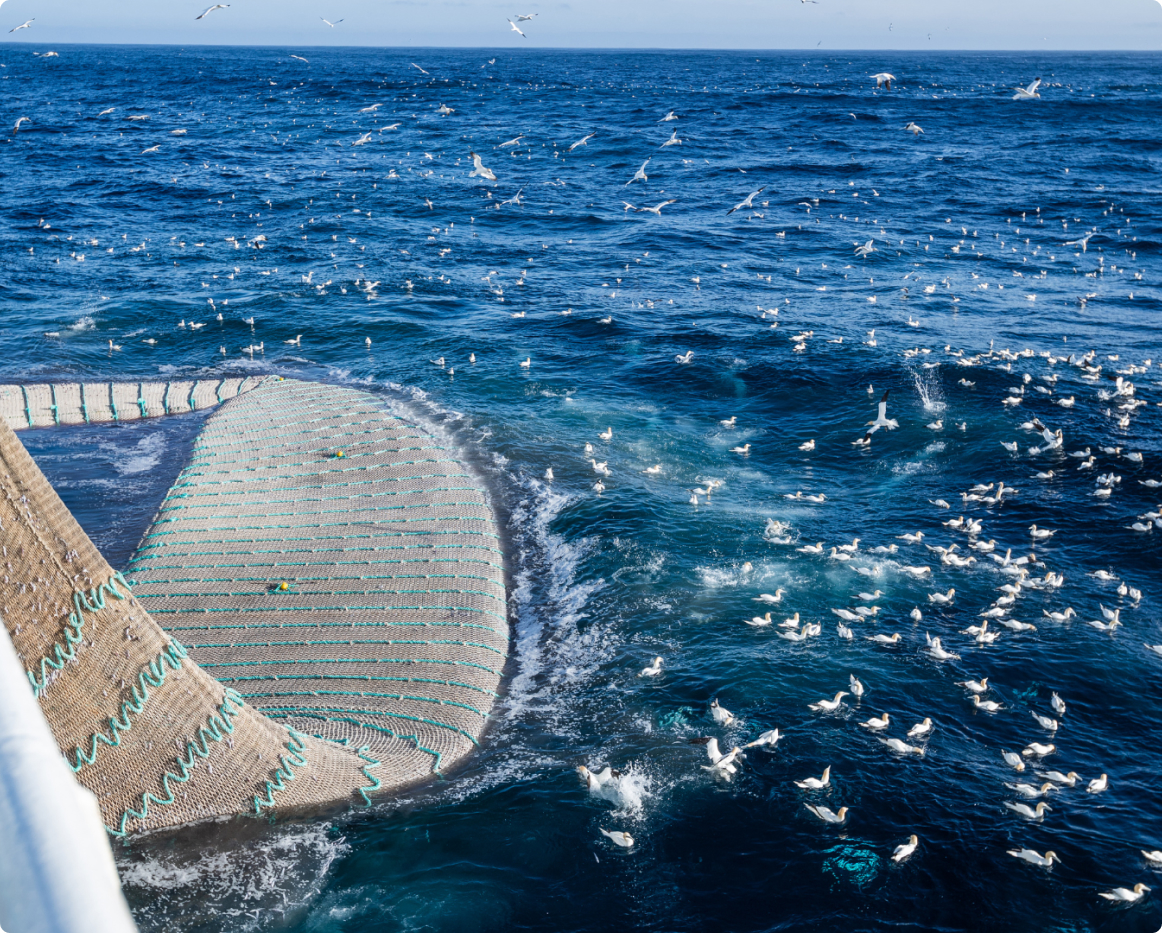- Coastal pollution by marine litter, plastics, and abandoned fishing gear is one of the main threats to the marine environment. A large part of this waste is also produced by tourists and boaters. The project aims to raise awareness of the public of the damage caused by marine pollution in order to change the most negative behaviors.
- Unsustainable fishing practices have a direct impact on marine species and habitats. In accordance with the EU Biodiversity Strategy 2030, the project aims to increase cooperation between fishermen and managers of Natura 2000 sites, by acting on rules respect and fishermen’s participation in applications for sustainable fisheries funds (EMFF funding).
- The behaviors of tourists that frequently visit the coasts can cause high damage to marine habitats. Examples include anchoring in posidonia meadows, jet ski activities, and collisions with marine mammals given by excessive speed. Natura 2000 sites have great potential for coastal tourism, but their fragility requires regulation of activities.
Emergencies and solutions

The Natura 2000 Network in the marine environment offers a variety of ecosystem services, such as the preservation of the natural coastal landscape, with associated tourism induced, and the “production” of valuable species for fisheries. The project aims to communicate these values, to increase the appreciation of these places and the attention given to them by local governments.
Not all Natura 2000 sites have effective management plans based on local and up-to-date knowledge of habitats and threatened species. The project aims to involve all stakeholders, to develop conservation strategies, data updates and effective management plans for each site.
The Natura 2000 Network in the marine environment offers a variety of ecosystem services, such as the preservation of the natural coastal landscape, with associated tourism induced, and the “production” of valuable species for fisheries. The project aims to communicate these values, to increase the appreciation of these places and the attention given to them by local governments.
Not all Natura 2000 sites have effective management plans based on local and up-to-date knowledge of habitats and threatened species. The project aims to involve all stakeholders, to develop conservation strategies, data updates and effective management plans for each site.

To achieve these results, the aim is to involve a broad audience made up of residents, boaters, fishermen, divers, nature guides, environmentalists, researchers, managers of protected areas and Natura 2000 Network marine sites.
To this end, a catamaran sailing campaign will be launched in spring 2023 in Italy, which is estimated to reach at least 30 Natura 2000 marine sites, to be replicated later in 2024 in Spain, reaching at least 10 Natura 2000 marine sites.

The visits to the sites will coincide with special days dedicated to divulgation, with press events, participatory meetings, and naturalistic guided tours, involving local residents, tourists, guides, field experts, celebrities, and influencers, included in activities dedicated to telling the story of marine ecosystems and their wonders.
To support the activity at sea there will be an important social and web campaign, which provides for the sharing of messages, images and videos available to users, as well as a project application for smartphones.
The latter will be a fundamental information tool on the marine sites of the Natura 2000 network and also a recruitment and data collection system for citizen science activities, dedicated to the monitoring of marine species and habitats. In 2022, Lipu will organize an event in 10 Italian N2000 marine sites to celebrate the European Natura 2000 Network Day.
Furthermore, in 2024 and 2025, two major regattas will be held with dozens of boats, in collaboration with FIV (Federazione Italiana Vela) and the participation of Yacht Club Porto Rotondo and other clubs that have already provided patronage (ASD Circolo Nautico Olbia, CNR – Club Nautico Rimini). The vessels involved, with their load of policy makers, influencers, entrepreneurs and nautical tourists, will pass through the waters of the Natura 2000 marine sites in full respect of marine ecosystems, in order to shine a light on these areas too, often in the background to earthlings.






